Will being crowned King mean the end of Charles’s advocacy for noble causes? This is the question that many are asking themselves.
As Prince of Wales, he was an activist with an opinion on everything and the power to carry out his agendas; as King he is banned from expressing any views or taking any sides that are even marginally political. The monarch is “super-partes”, completely impartial and above the political fray. How will Charles cope with that muzzle?
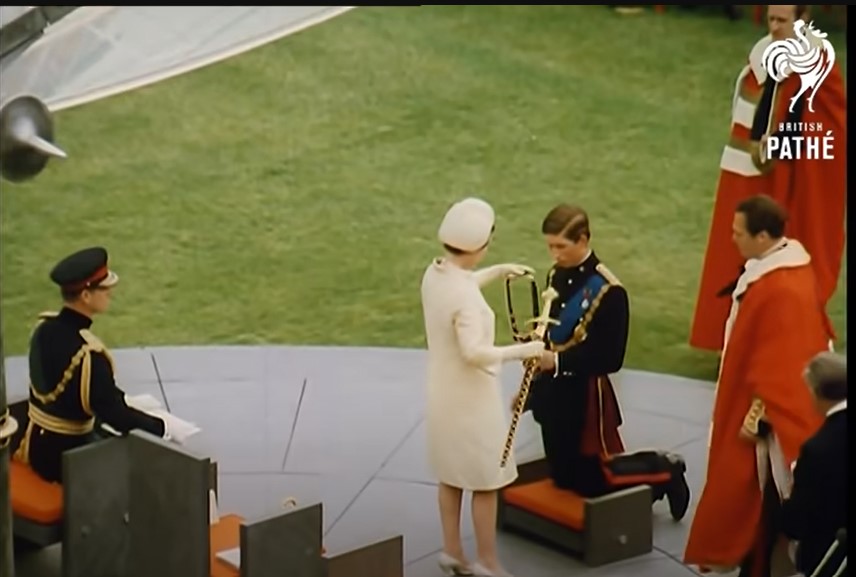
Britain’s longest-serving heir-apparent, Charles, Prince of Wales, strived to be relevant, to serve his country and the planet by championing causes: he dedicated his life to activism, particularly on environmental issues.
“He’s got involved in all sorts of quasi-political areas and expressed his views, and he’s launched charities to further his views, and that has made him pretty unpopular,” said royal biographer Penny Junor. Charles’ response to that is, “I’ve tried to make sure whatever I’ve done has been right. If that’s meddling then I’m very proud of it.”
Charles has a long history of sparking controversy, but that never stopped him from persevering in his mission. In 2015 it was revealed he had sent private letters– dubbed the “black spider memos” due to his sprawling handwriting–to government ministers demanding action on issues such as military readiness, climate action and fish protection.
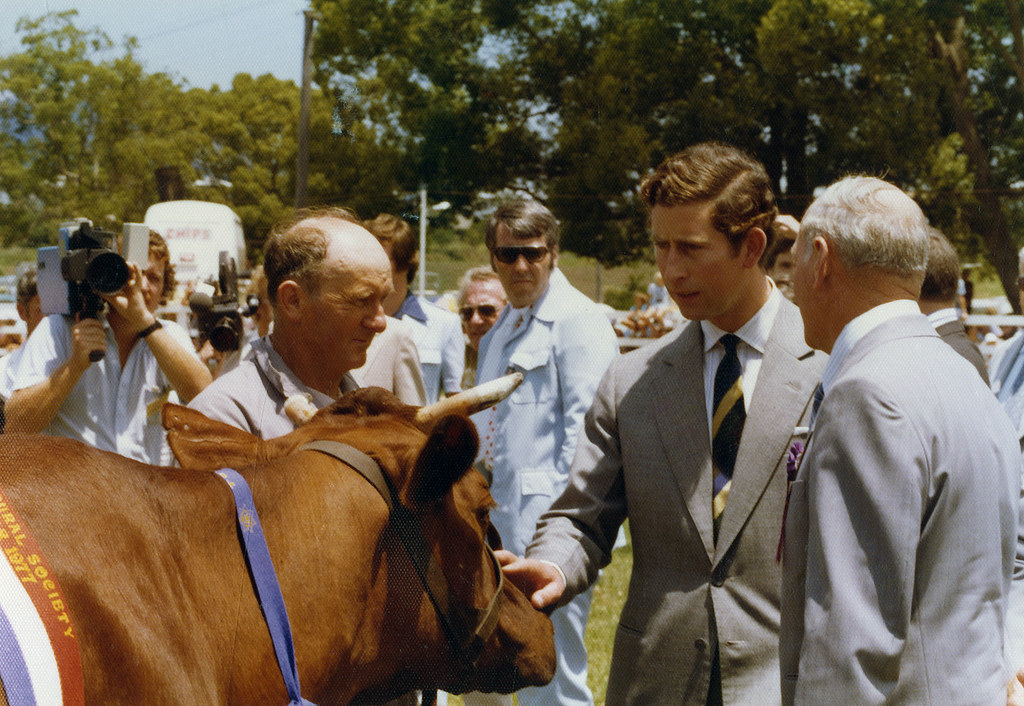
As King, Charles is constitutionally required to remain strictly neutral on political matters. His mother, the late Queen Elizabeth II, was loved in great part because her impartiality was absolute. By remaining silent on all issues, she never exposed her flank to partisan criticism. As she famously stated, keeping silent allows everyone to believe you’re on their side. She knew well that if you express any opinion, you alienate the opposition, and a monarch’s role is to unite, to be the glue that holds the nation together. Will Charles have the kind of humility and strength to follow her example?
“He won’t be an ‘Activist King’ and frankly, he can’t be, because it’s not the job. The job is to advise, to encourage and to warn,” said royal commentator Richard Fitzwilliam.
Asked during a 2018 BBC documentary whether he would continue speaking his mind once he became king, Charles replied: “No. I won’t. I’m not that stupid. I do realize that it is a separate exercise being sovereign.”
The situation however, is not so clear-cut. Times change and so do roles—even that of a monarch.
Will the nation lose an important asset in the fight against climate change and social justice if Charles adheres to the traditional role?
Opinion polls show Britons are divided over whether Charles should continue fighting for his beliefs once he is crowned, with just over half wanting him to continue to speak out.
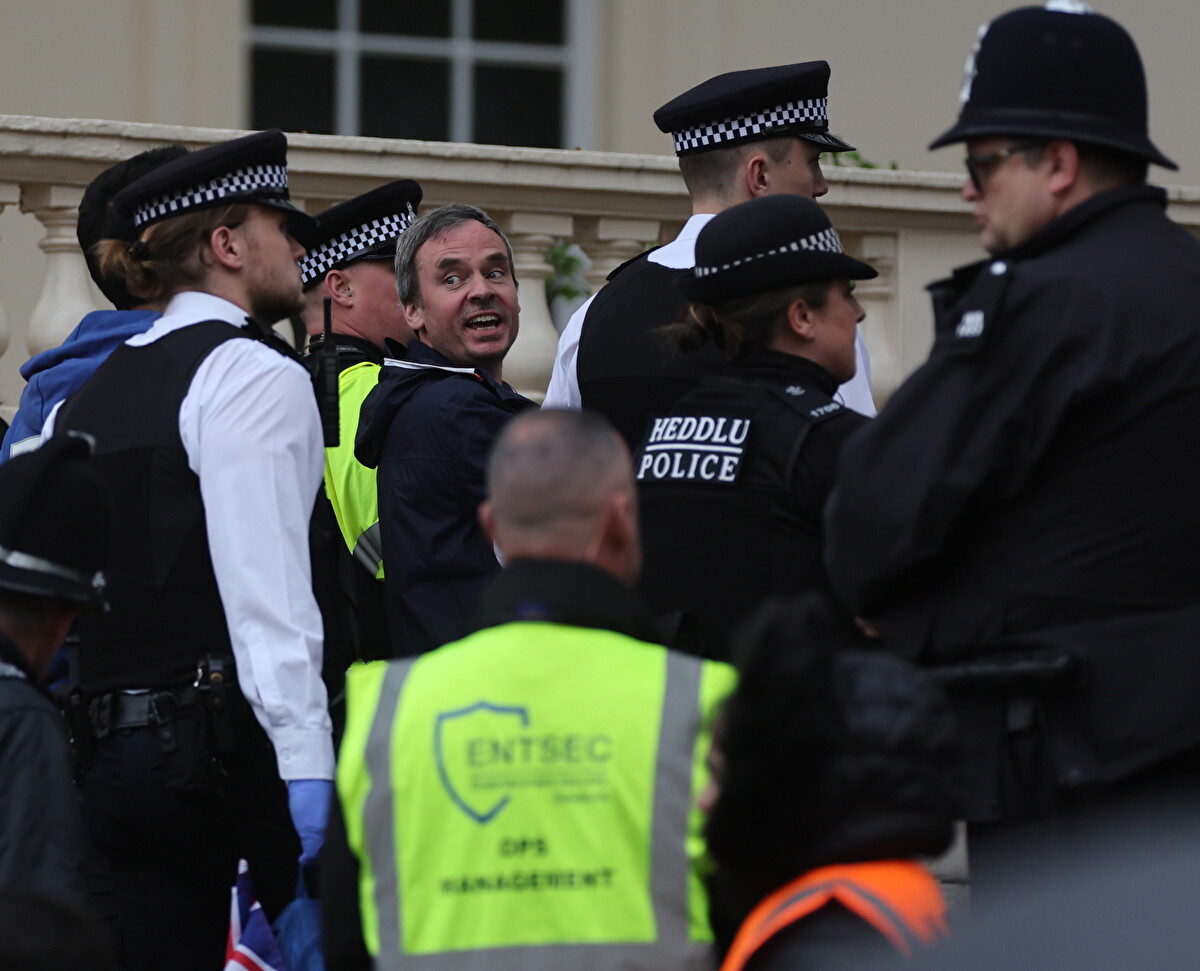
“There are clear age differences here,” said Tanya Abraham, research director at the polling firm YouGov.
“You can see that younger people feel that there should be more openness, more liberal-mindedness when it comes to the royal family.”
While occasionally sparking controversy, much of Charles’s activism is widely admired and seen as having a positive impact, particularly on issues such as environmentalism and climate change.
In 1970, at a time when the issues were barely on the horizon of social consciousness, a 21-year-old Prince of Wales gave his first speech about the threat of chemical and plastic pollution to our waterways.
Practically clairvoyant, Charles warned, “We are faced at this moment with the horrifying effects of pollution in all its cancerous forms,” he told the Countryside Steering Committee for Wales in Cardiff. “There is the growing menace of oil pollution at sea, which almost destroys beaches and certainly destroys tens of thousands of seabirds.”
British environmentalist Tony Juniper is one of his admirers. He told Global News, “These issues were seen as fringe, as marginal. They are now firmly in the mainstream. And I would credit His Majesty the King with a large part of having achieved that.”
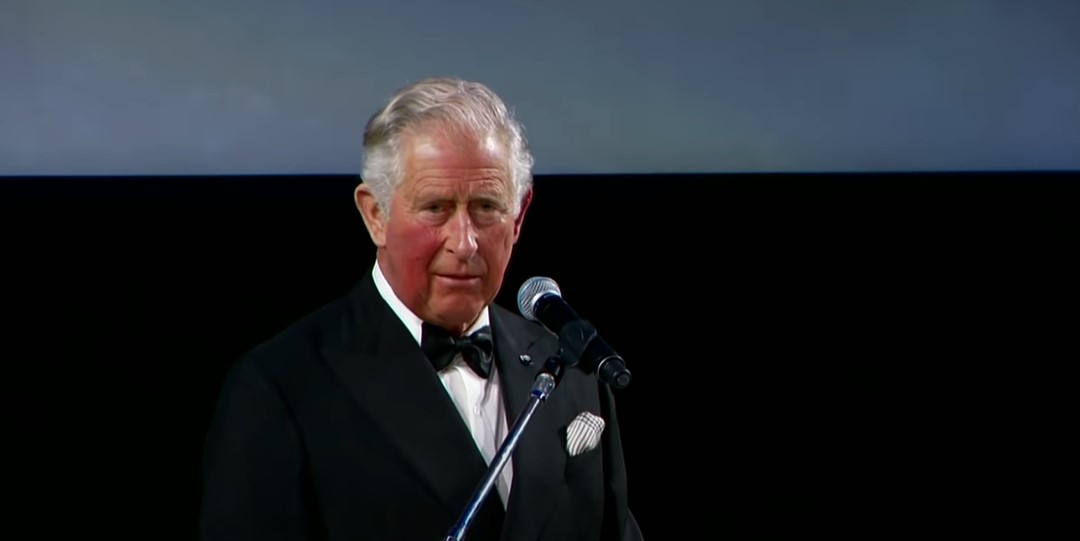
Charles has spent decades planting trees, building carbon neutral homes, and giving speeches like the one in Cardiff in 1970. In 2013, he accused corporate lobbyists of turning the planet into a “dying patient.”
As Prince of Wales, he was patron or president of more than 400 organizations around the world, including the World Wildlife Fund. Some of Charles’s friends and fellow environmentalists expect him to honor his word and step back from his activism, but they also fear they are losing a powerful voice and ally in the fight against climate change.
On Twitter, American environmentalist and former vice president Al Gore thanked the King for “decades of leadership and deep commitment to the environment,” but acknowledged his accession to the throne as a “bittersweet moment.”
“Becoming a sovereign doesn’t mean he’s going to abandon these ideas. It just means he’s going to have to handle them a little bit differently,” Campaign for Wool CEO Matthew Rowe, said. “He won’t be able to be as outspoken, but I think he will still be able to promote the causes that are important to him, particularly the environment.”
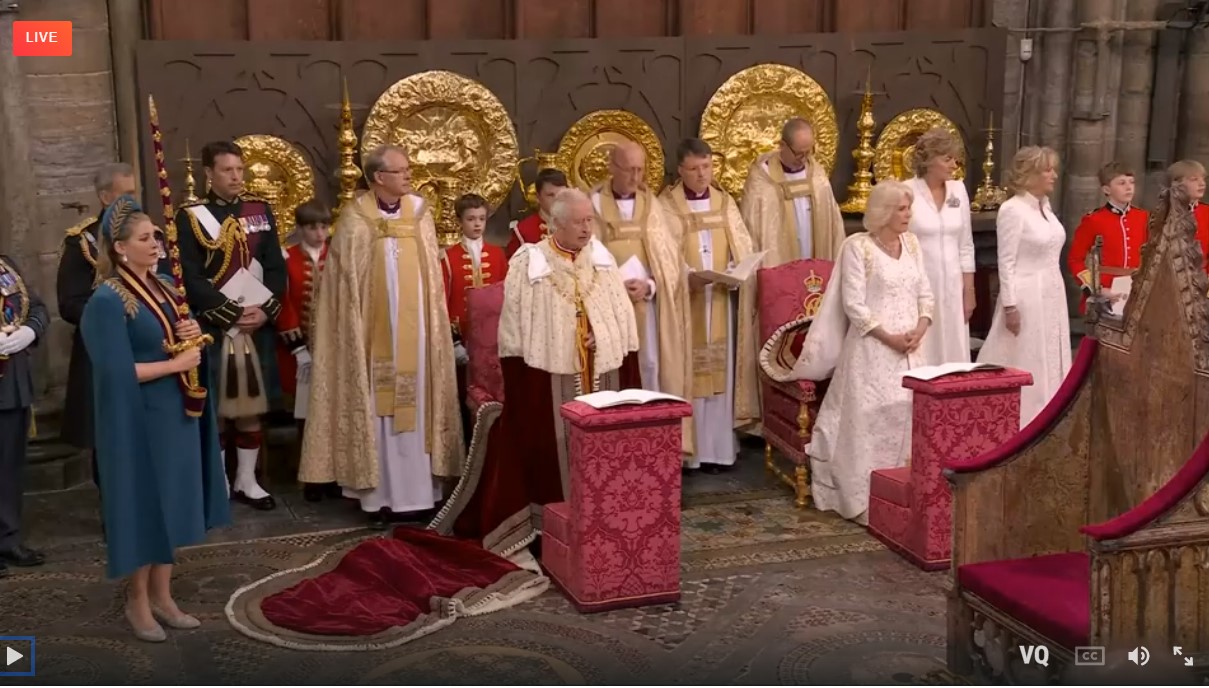
Juniper argues the King should be allowed to continue lobbying for action to combat climate change, because the issue transcends party politics. Doing this would radically change the role as it has traditionally been played out and probably his own mother, the Queen would disapprove.
Charles has already made some key changes in the coronation ceremony; this might be an indication that he is willing to go further in modifying the role of the monarch for the good of the planet. Indeed, experts are predicting that Charles III will be known as the United Kingdom’s first “climate king.” Not bad for a man who waited 74 years to wear the crown.












